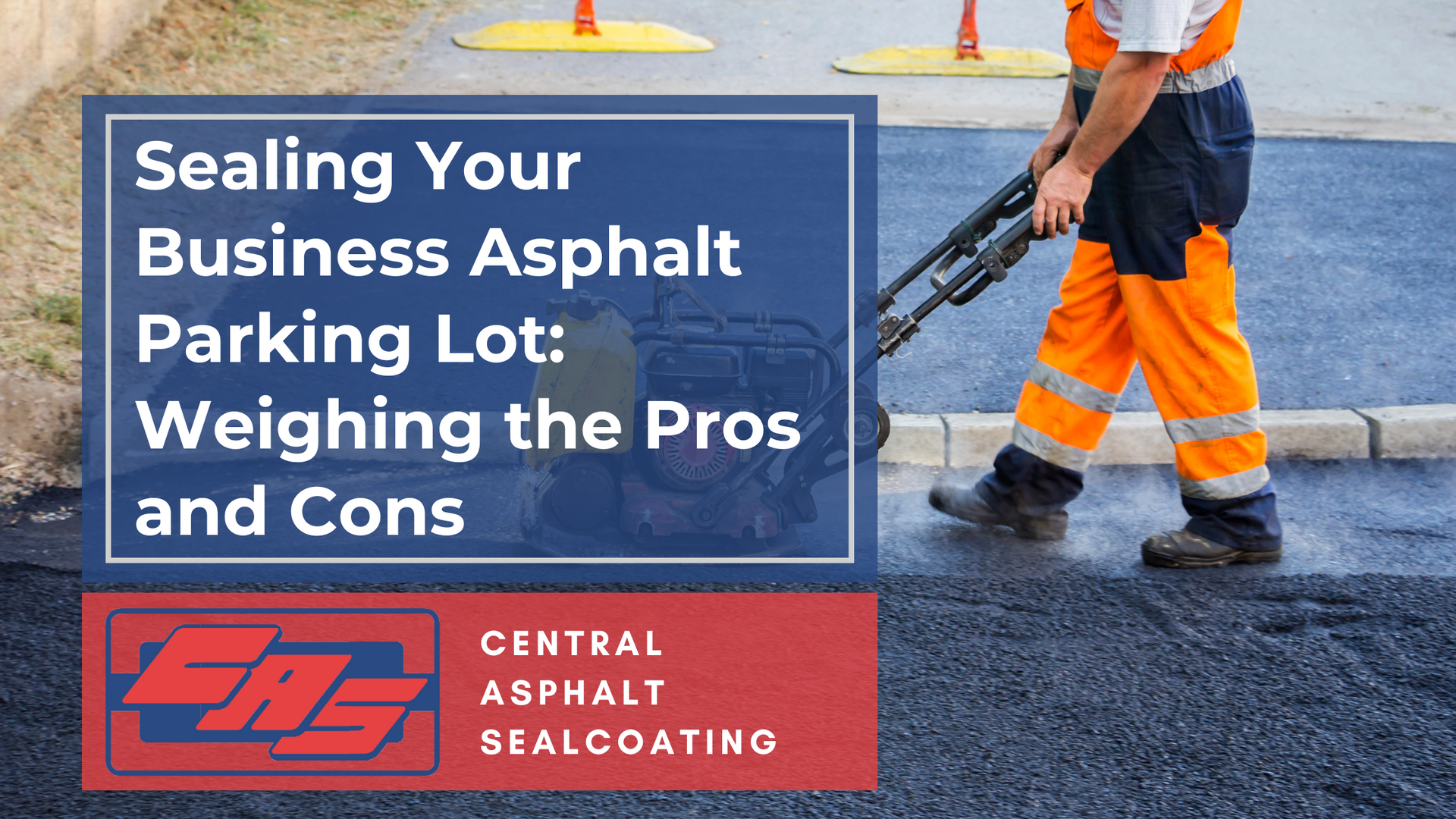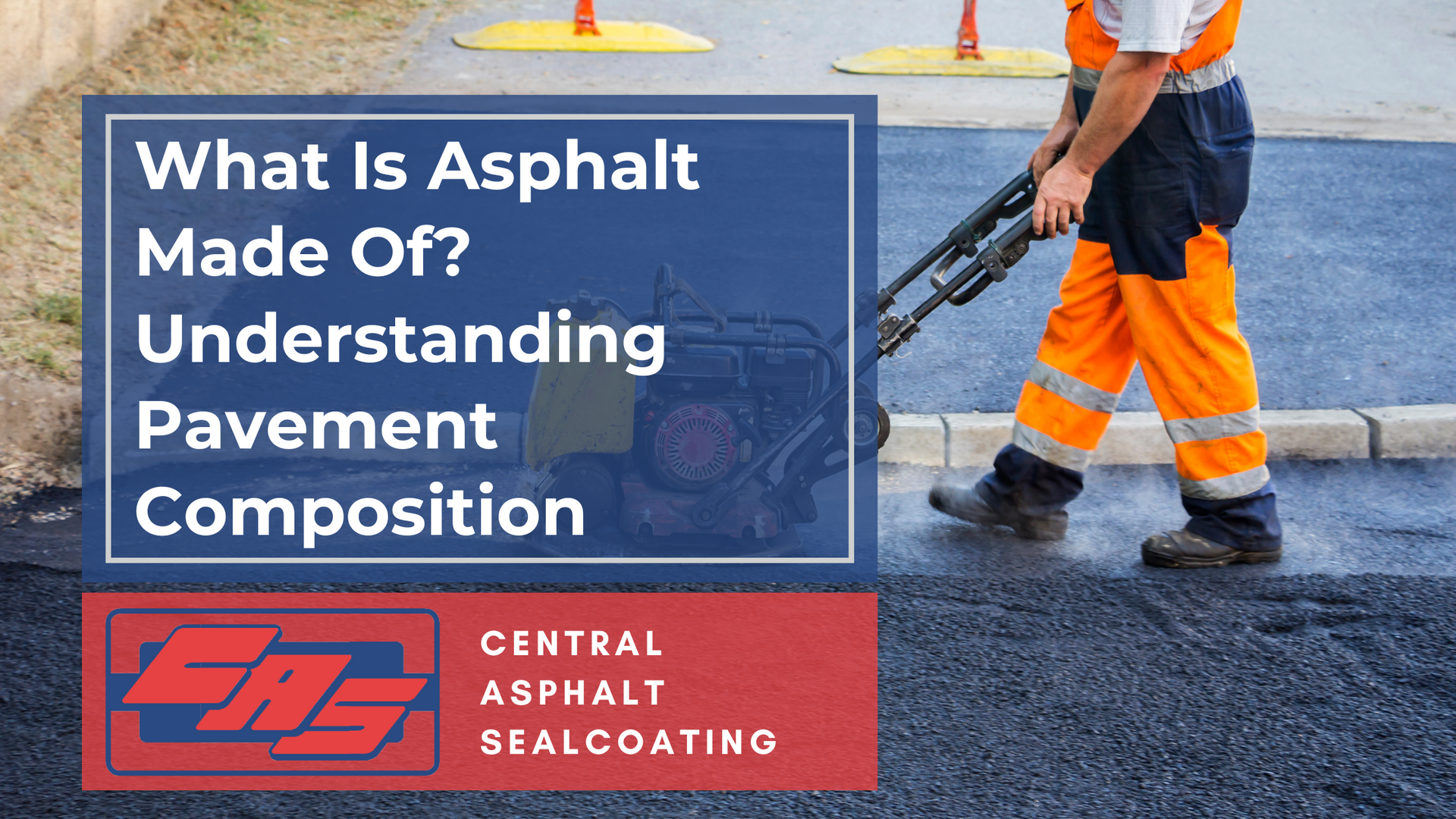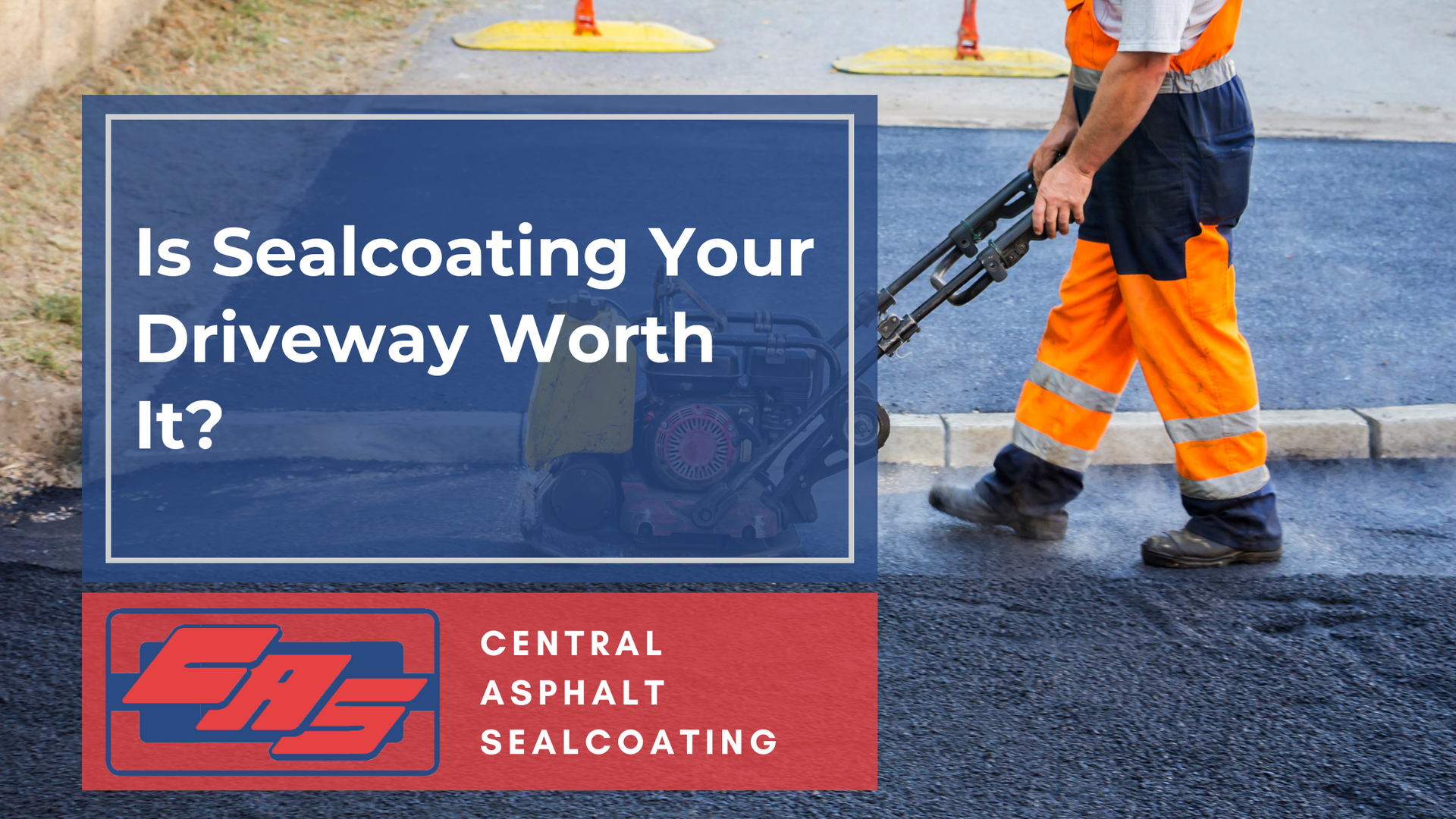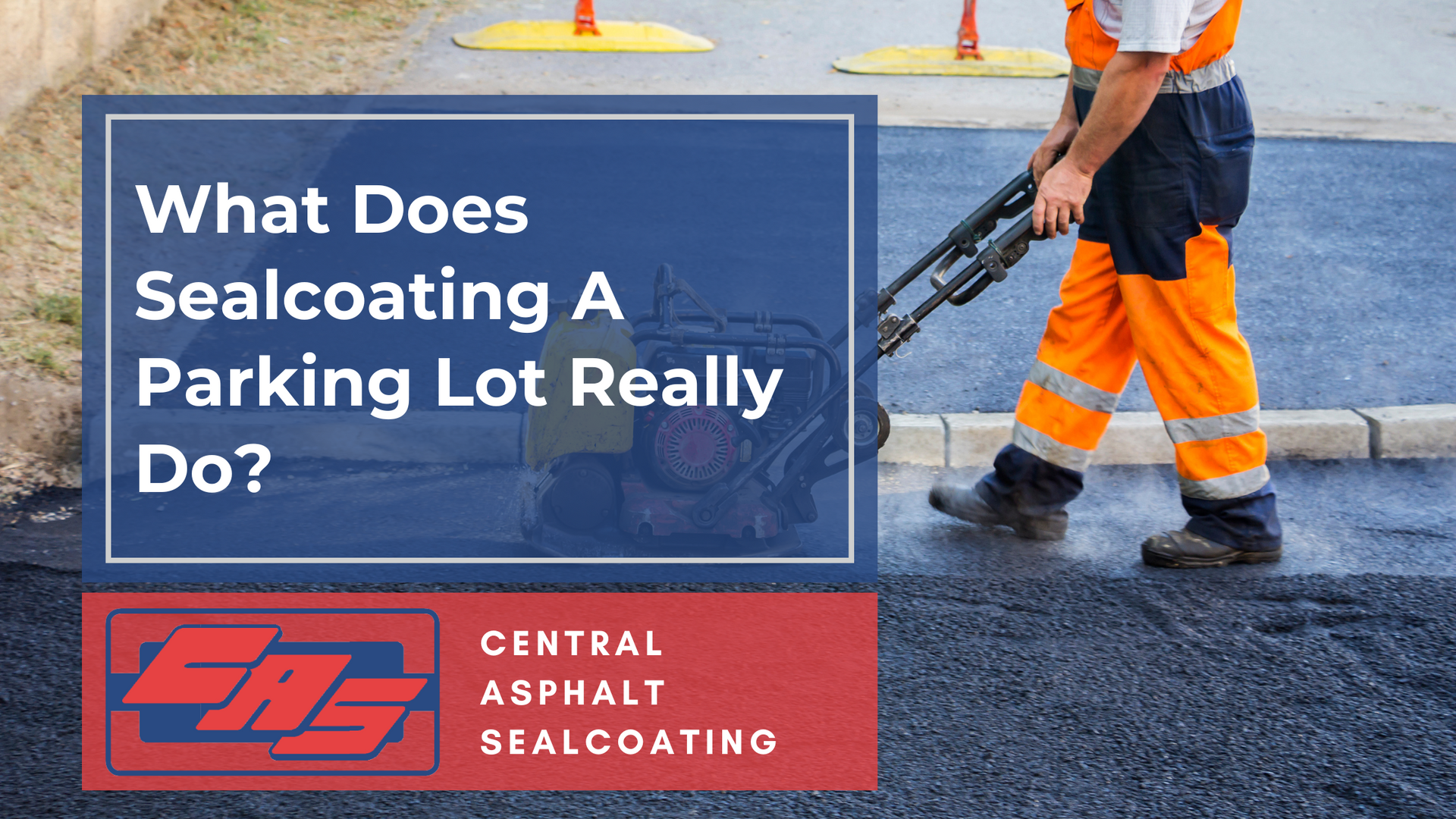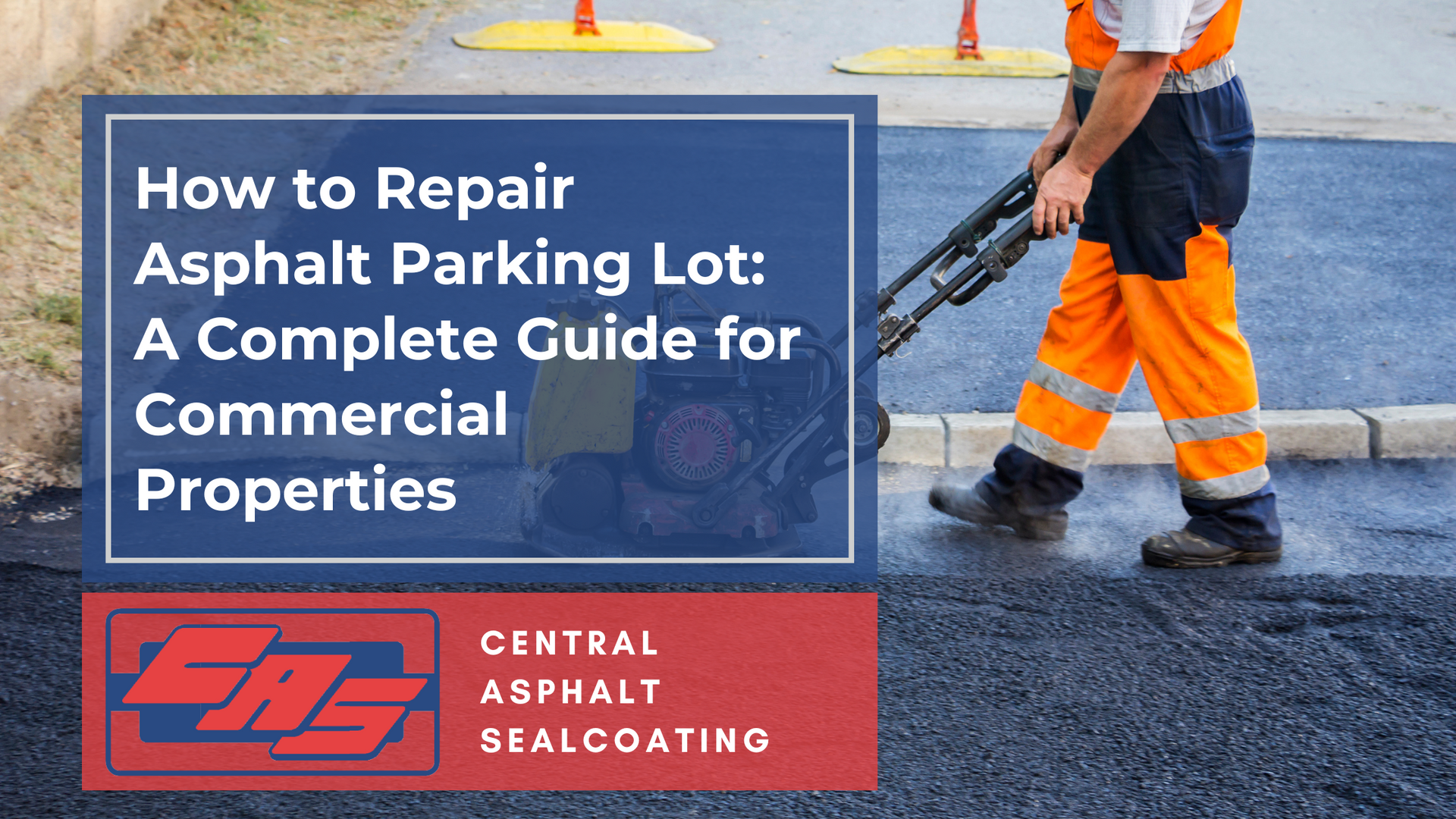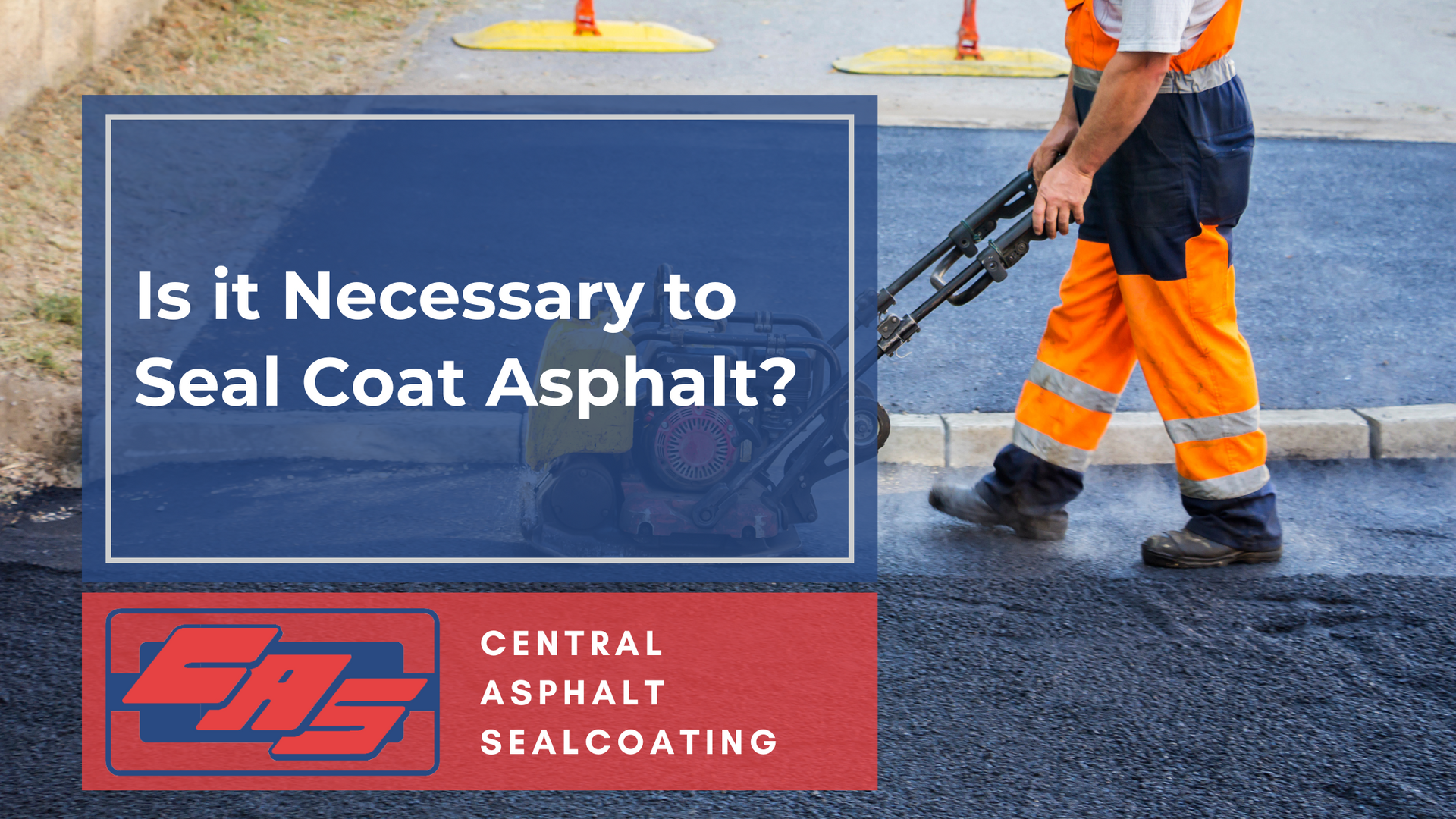
Is it Necessary to Seal Coat Asphalt? A Simple Guide
Many property owners wonder whether asphalt sealcoating is truly necessary or just an optional expense. The answer is clear: sealcoating asphalt is essential for protecting your pavement investment and extending its lifespan significantly.
What Is Asphalt Sealcoating?
Asphalt sealcoating is a protective coating applied to asphalt surfaces that acts as a barrier against damaging elements. This liquid application creates a protective layer that shields your pavement from UV rays, water penetration, oil spills, and chemical damage that naturally occur over time.
Why Sealcoating Asphalt Is Essential
Without proper sealcoating, asphalt surfaces deteriorate rapidly due to oxidation and weather exposure. The sun's UV rays break down asphalt binders, causing the surface to become brittle and crack. Water then penetrates these cracks, freezing and expanding during temperature changes, which creates larger cracks and eventual potholes.
Sealcoating prevents this destructive cycle by:
- Blocking UV ray penetration that causes asphalt oxidation
- Preventing water infiltration that leads to foundation damage
- Resisting oil and chemical stains that weaken pavement structure
- Providing a smooth, attractive surface that enhances curb appeal
Asphalt Sealcoating Benefits
Regular sealcoating delivers measurable benefits that far outweigh the initial investment. Properly sealed asphalt can last 25-30 years, while unsealed surfaces typically require replacement after 10-15 years. This dramatic lifespan extension makes sealcoating one of the most cost-effective pavement maintenance strategies available.
Additional benefits include improved appearance, easier cleaning and maintenance, enhanced property value, and reduced long-term repair costs. The dark, uniform finish of freshly applied sealcoating also improves visibility for parking lot striping and traffic flow.
When to Apply Asphalt Sealcoating
New asphalt should cure for 6-12 months before initial sealcoating application. After that, most asphalt surfaces benefit from sealcoating every 2-3 years, depending on traffic volume and weather exposure. High-traffic commercial areas may require more frequent applications.
The Cost of Not Sealcoating
Skipping sealcoating may seem like a cost savings initially, but premature asphalt failure results in expensive repairs or complete replacement. A $3,000 sealcoating job can prevent $15,000+ in reconstruction costs, making it a smart financial decision.
Conclusion
Asphalt sealcoating is absolutely necessary for protecting your pavement investment. This preventive maintenance extends asphalt lifespan, reduces repair costs, and maintains an attractive appearance that reflects well on your property.
